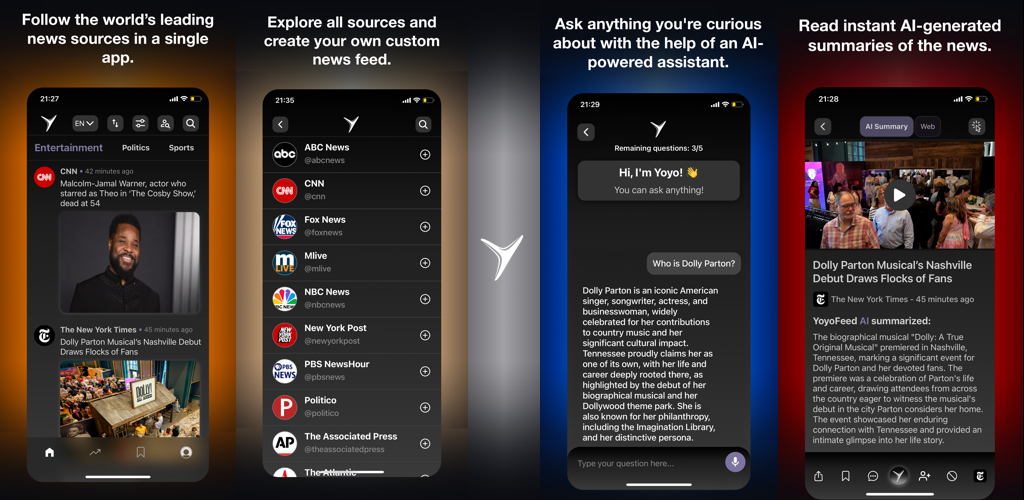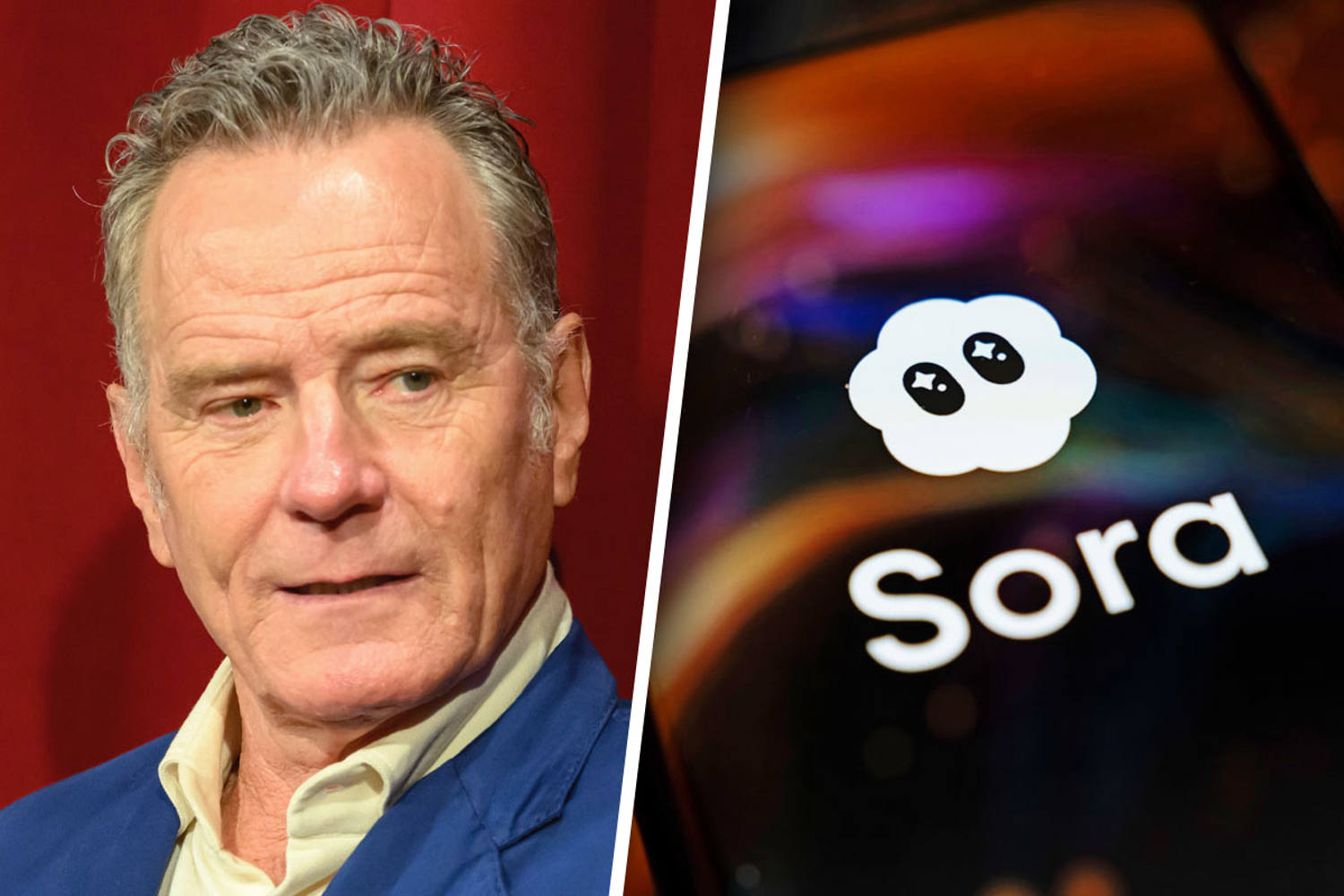OpenAI has strengthened the safety measures for its Sora 2 text-to-video model after actor Bryan Cranston voiced concerns about unauthorized use of likenesses and copyrighted material. Initially, OpenAI stated that Sora 2 would prohibit generating videos of real people without their explicit consent. However, videos featuring Bryan Cranston, as well as other celebrities and copyrighted characters, began appearing on the platform.
Cranston brought these issues to SAG-AFTRA, the union for film and TV performers, leading to a collaboration between the union, OpenAI, and talent agencies to enhance likeness and voice protections in Sora 2. OpenAI has since reinforced its safeguards to prevent such unauthorized content from being generated.
The move comes amid ongoing tensions in Hollywood over the rapid advancements in artificial intelligence and concerns about its potential to replicate artists' work and identities. While some in the entertainment industry have engaged with AI, many artists remain apprehensive. The talent agency CAA had previously expressed concerns that Sora 2 posed significant risks to their clients' intellectual property.
Following the changes, prompts on the Sora app attempting to generate content related to third-party likenesses or copyrighted material now result in an error message indicating a potential violation of guardrails. OpenAI has reiterated its commitment to protecting performers... download the app to read more
YoyoFeed ! Follow top global news sources, read AI-powered summaries, ask AI your questions, translate news into your language, and join live chats — all with YoyoFeed!


